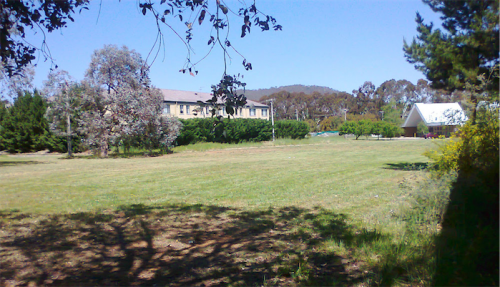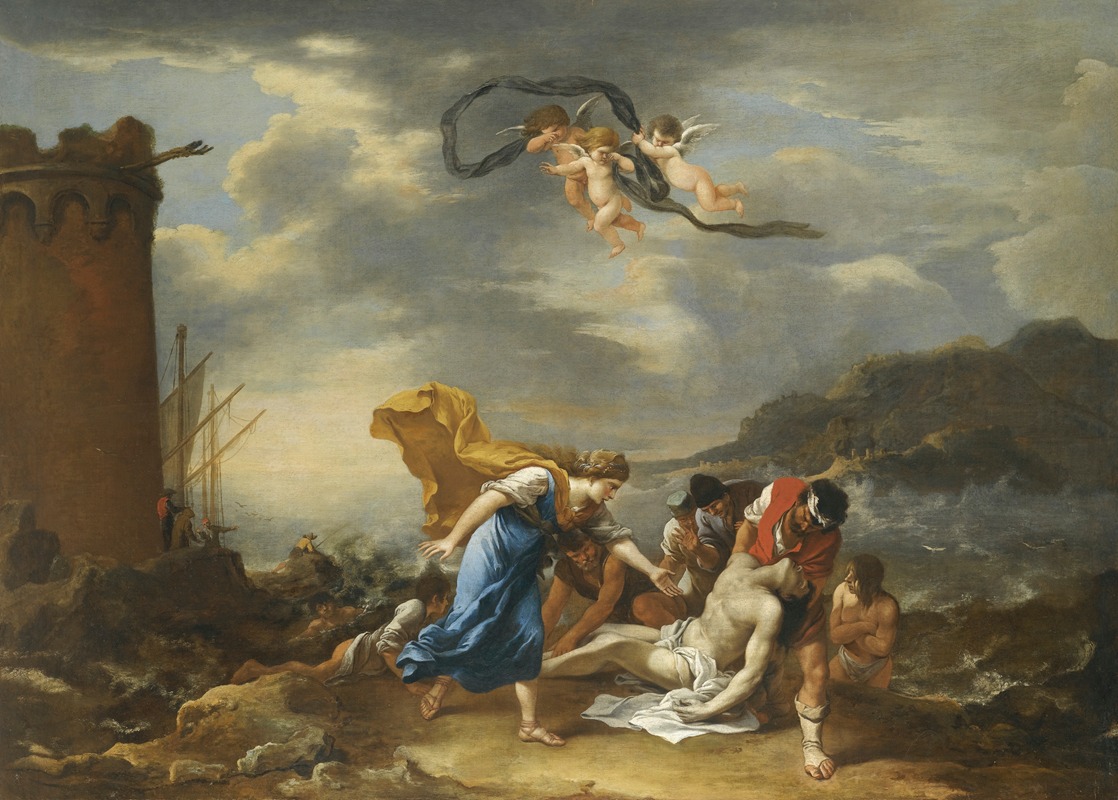
WHAT happens within the ACT government’s planning and development portfolios points to how the Greens/Labor coalition is travelling. For locally elected politicians, their commitment to being available and to working with locals remains questionable.

This was on show when an ACT minister, Rachel Stephen-Smith, presented to the North Canberra Community Council on Wednesday, February 20. Her presentation on hot issues was in line with what people now expect from this government.
Stephen-Smith reported to the audience (about 60 people) on her government’s take on the pre-Christmas announcements on the Planning Strategy and the City and Gateway Urban Design Framework and then moved to telling the group about Section 72 Dickson.
She seemed not well prepared (shuffling papers) and displayed some lack of confidence about aspects of her Urban Renewal portfolio. Her ministerial responsibilities are complex: Aboriginal and Torres Strait Islander Affairs; Disability; Children, Youth and Families; Employment and Workplace Safety; Government Services and Procurement, and Urban Renewal. But that’s the nature of the job and she has taken it on.
There were instances when she attempted to correct the record, for instance that residents were wrong in their comments on the City and Gateway Urban Design Framework, only to hear otherwise from the audience in front of her. She talked up the imminent arrival of a piece of sculpture for the Downer courtyard. She curiously sort of praised the Watson Community Association’s initiative to develop the Neighbourhood Plan for Watson – something they did because her government would not.
The main topic was Section 72 Dickson. On this Stephen-Smith tried to correct the residents’ knowledge of and experiences with her government’s questionable consultations during 2018.
As some said after the meeting, she was determined to talk up previously discredited versions of events. Not sure if many were convinced except maybe those hearing this for the first time who had not experienced the many workshops and had views largely ignored and misrepresented.
She also wandered into areas about which she did not sound convincing such as good design (architecture), urban design and the need for trees. She mentioned the role of the National Capital Design Review Panel and somehow connected this interim body to Section 72. While the city’s residents would welcome good design from this government, nothing Stephen-Smith said dealt with residents’ well-founded doubts given the developments appearing across Canberra.
As others have asked, if design is important, shouldn’t the National Capital Design Review Panel be embedded into planning processes instead of being interim – which translates to “can be ignored” whenever it suits the decision-makers.
There were positives on the night, such as the possible establishment of a community reference committee for Section 72. This may be set up soon but with the caveat that it will need the “right people” on it. Guess that rules out pesky residents, revolutionaries and known sceptics.
Then she tried to explain Common Ground and the political decision to build it on cherished community land in Dickson. Again we heard, with much emphasis, how this was promised at the last election and therefore it is not negotiable (no-one else sounded so convinced).
If this government actually understood how to consult and embraced being honest, then the case for more of Common Ground could have been successfully negotiated. Instead Stephen-Smith and others in Labor used well-established political trickery to see this done; something they are used to doing within their party. It’s the party first, government second and residents a distant third.
Stephen-Smith presents as a typical ACT Labor politician. They are well rehearsed at skating across facts to build and present the dubious case for their in-house bureaucratic decisions on planning and development.
Colleagues talk of a future leadership role for Stephen-Smith. A potential Labor leader would have to do better than the presentation that Wednesday.
Paul Costigan is an independent commentator and consultant on the visual arts, photography, urban design, environmental issues and everyday matters.
Who can be trusted?
In a world of spin and confusion, there’s never been a more important time to support independent journalism in Canberra.
If you trust our work online and want to enforce the power of independent voices, I invite you to make a small contribution.
Every dollar of support is invested back into our journalism to help keep citynews.com.au strong and free.
Thank you,
Ian Meikle, editor








Leave a Reply